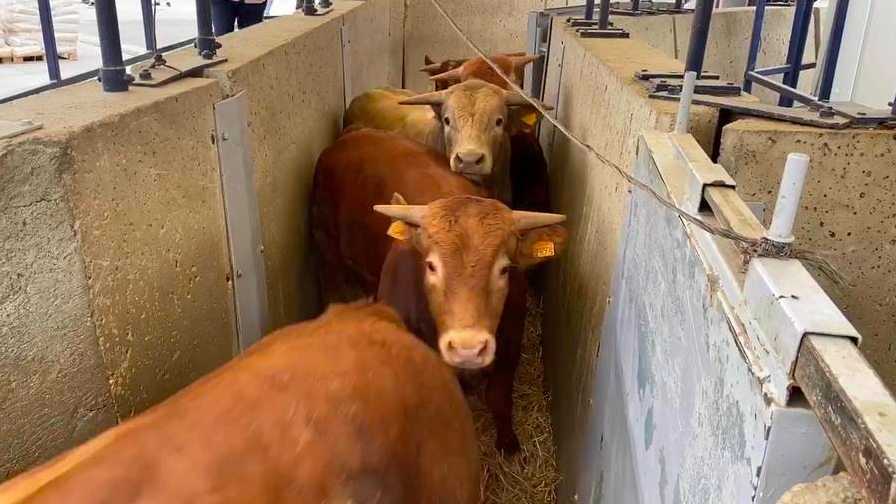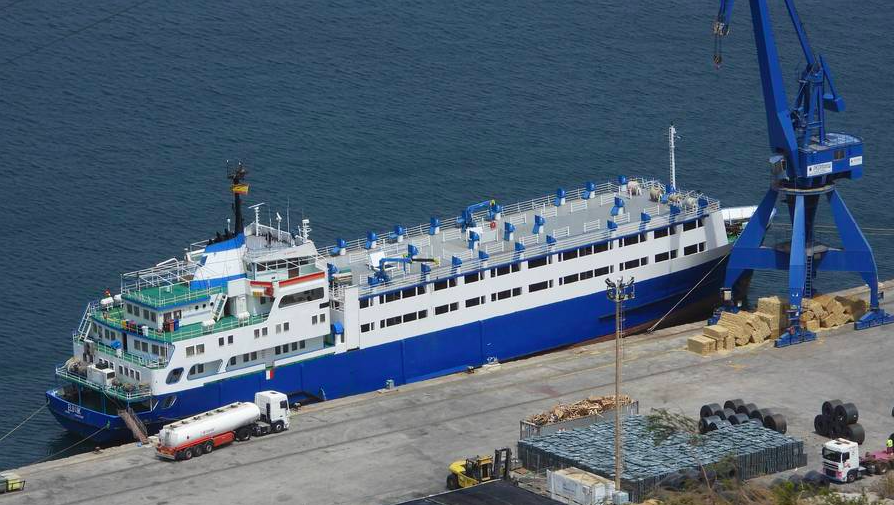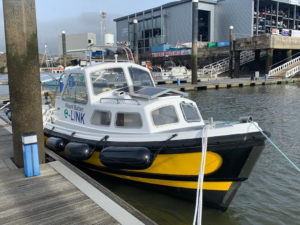Live animal transport scandal comes from ‘rules loophole’, says MEP

Thousands of cattle remain stranded at sea on two livestock ships that left Spain in mid-December. Campaigners from the Animal Welfare Foundation (AWF) are seeking veterinary support for the animals. AWF says that the “captain and crew are desperate. They no longer have enough food and water for the remaining animals.”
Tilly Metz, the Luxembourg MEP who chairs the European parliament’s animal transport inquiry committee, told the The Guardian this is “yet another live animal transport scandal involving ships. After the 2019 tragedy of the [Queen Hind], which capsized with 14,000 sheep on board, now allegedly over 2,600 bovines [are] stuck on two vessels wandering from port to port in search of help. How can it be that there is no contingency plan in case of diseases or other unforeseen events?”
Metz says a key animal transport problem is that time spent on the ship is considered “resting time” and not “transport time”.
“This means there is no limit as to how many hours animals can be on these ships: days, weeks, even months. Many consider this to be a legal anomaly and a loophole in the rules on the protection of animals during transport.”
This case, she says, “proves again a ship is not a floating stable. It is an unnatural, often stressful, overloaded and understaffed environment, with inherent risks such as disease outbreaks, feed shortages and refusals to unload”.
Elbeik (anchored off Cyprus) and Karim Allah (off Sardinia) left the Spanish ports of Tarragona and Cartagena on 18 December respectively. AWF says Elbeik has about 1,700 cattle on board and the Karim Allah almost 900.
According to The Guardian, the two vessels were bound for Libya but were refused entry at multiple ports after an onboard outbreak of the bovine disease bluetongue.
Olga Kikou, the head of Compassion in World Farming EU, says the most immediate priority is that veterinary services board the ships to “check the animals and euthanatise any that are suffering. The conditions inside the ship cannot be good after two months. And then a solution needs to be found between the different authorities to determine next steps for any animals that can be saved.”
Read the full article in The Guardian.











